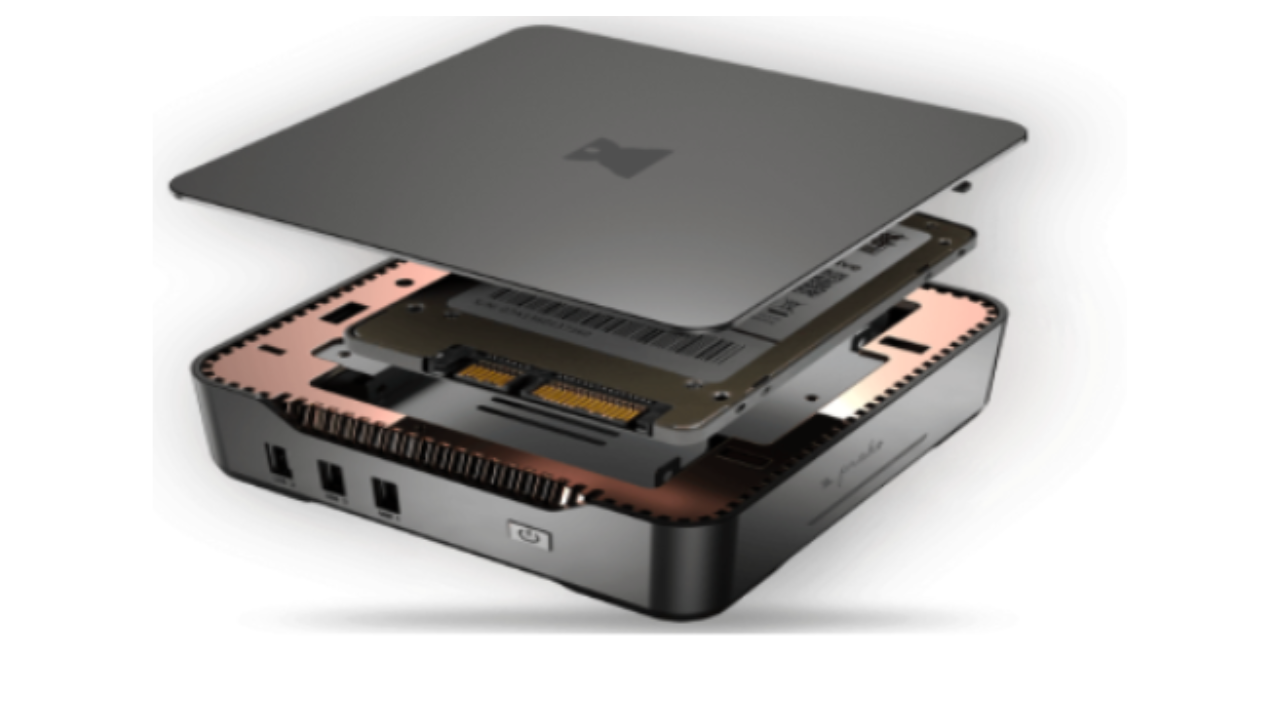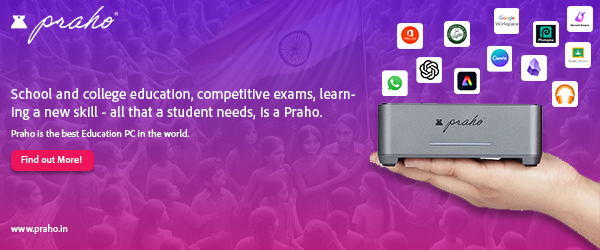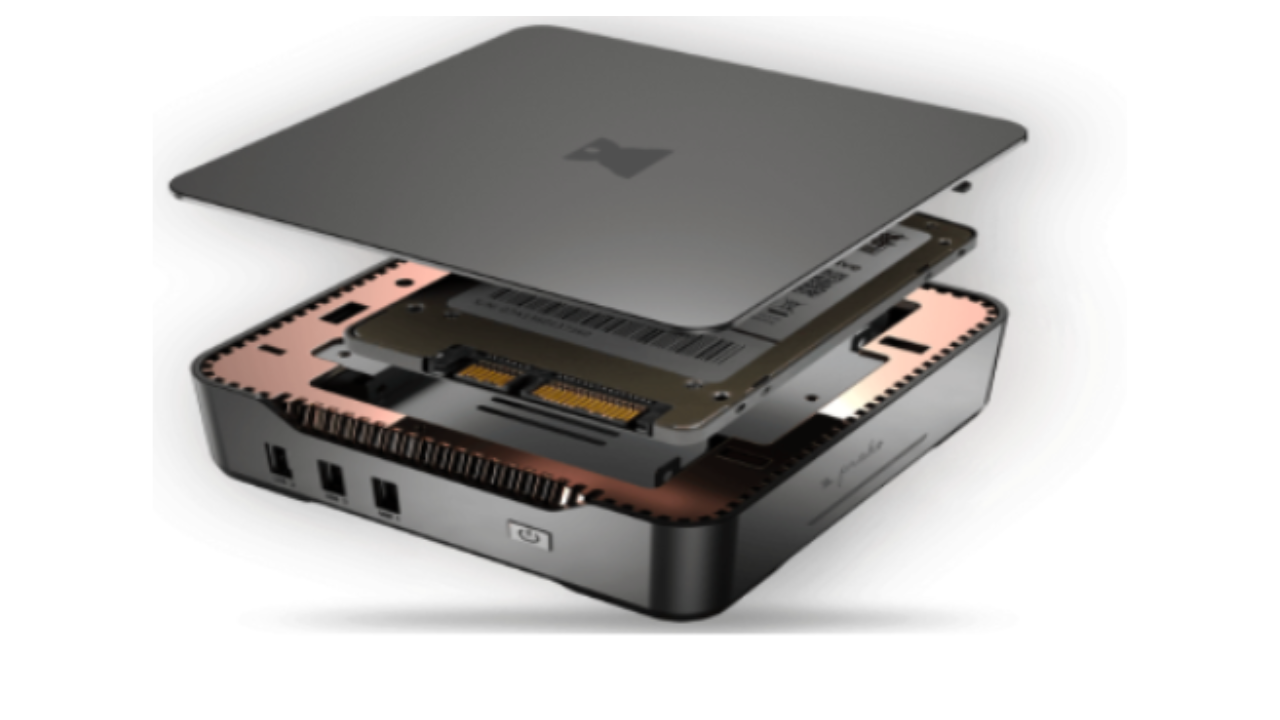
What is the point of Mini PCs?
They fit any place, are compact, and frequently have excellent hardware specifications.
Still, what use is a mini PC?
Mini PCs are increasing in popularity. They are very small compared to a PC yet, are surprisingly powerful. They can now be used for many of the same purposes as a desktops, and this makes them useful for more than just saving space.
Mini PCs have emerged as powerful and versatile solutions despite their small size. These compact computing devices, also known as mini PCs, are reshaping the way we think about traditional desktop computing. In this article, we will get into the fascinating world of mini PCs, exploring their features, applications, and the impact they are making on various sectors.
Compact Powerhouses:
Mini computers are characterized by their small physical footprint, typically much smaller than traditional desktop towers. Despite their size, these devices are engineered to deliver impressive computing power. They often utilize energy-efficient processors, solid-state drives (SSDs), and integrated graphics to ensure a balance between performance and size.
The compact nature of Mini PCs makes them ideal for a variety of applications where space is at a premium. From offices with limited desk space to home entertainment setups, mini PCs offer a solution that doesn't compromise on performance.
Applications:
Home Entertainment:
- Mini Pcs have found a significant place in home entertainment setups. With their compact design and ability to handle multimedia tasks effectively, they serve as excellent media centres. Users can connect them to their TVs, creating a streamlined and powerful home theatre experience.
Office and Business:
- In professional settings, where space optimization is crucial, mini PCs are becoming popular. They are well-suited for tasks such as office productivity, data analysis, and content creation. Their small footprint allows for a clutter-free and organized workspace.
Education:
- Mini PCs are making their mark in educational institutions. They provide a cost-effective solution for schools and universities, offering a balance between performance and budget constraints. Additionally, their size allows for easy deployment in classrooms without taking up excessive space.
Gaming:
- Some mini PCs are designed specifically for gaming purposes. These compact gaming PCs cater to gamers who value portability without compromising on graphics and processing power. They are a testament to the advancements in miniaturization technology within the gaming industry.
Advantages:
Space Efficiency:
The primary advantage of mini computers is their small form factor, making them suitable for environments with limited space.
Energy Efficiency:
Mini PCs often incorporate energy-efficient components, contributing to lower power consumption compared to larger desktop systems.
Portability:
Some mini PCs are designed to be portable, allowing users to carry their computing power wherever they go.
Cost-Effective:
In many cases, PCs offer a cost-effective alternative to traditional desktops, making them accessible to a broader range of users.
Silent Operation:
With the absence of large cooling systems and fans, mini PCs can operate quietly, making them suitable for noise-sensitive environments.
Conclusion:
Mini PCs have emerged as innovative solutions that challenge the notions of desktop computing. Their compact size, with impressive performance, has opened up new possibilities across various sectors.
Whether you are looking for a space-saving solution for your office, a powerful media centre for your living room, or a portable gaming rig, mini computers offer a versatile and efficient alternative. As technology continues to advance, it will be exciting to witness how mini PCs evolve and reshape the computing landscape.



